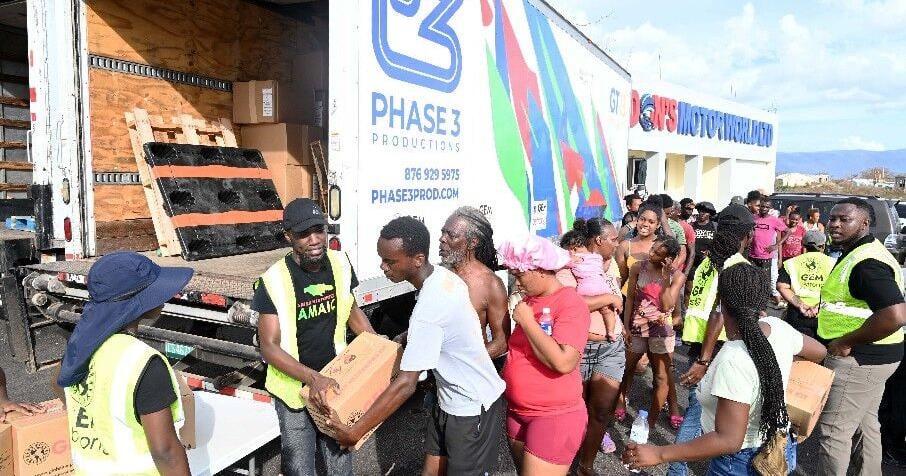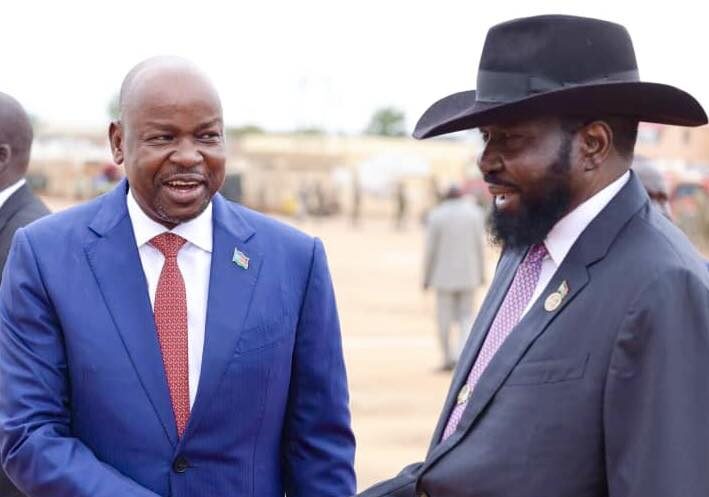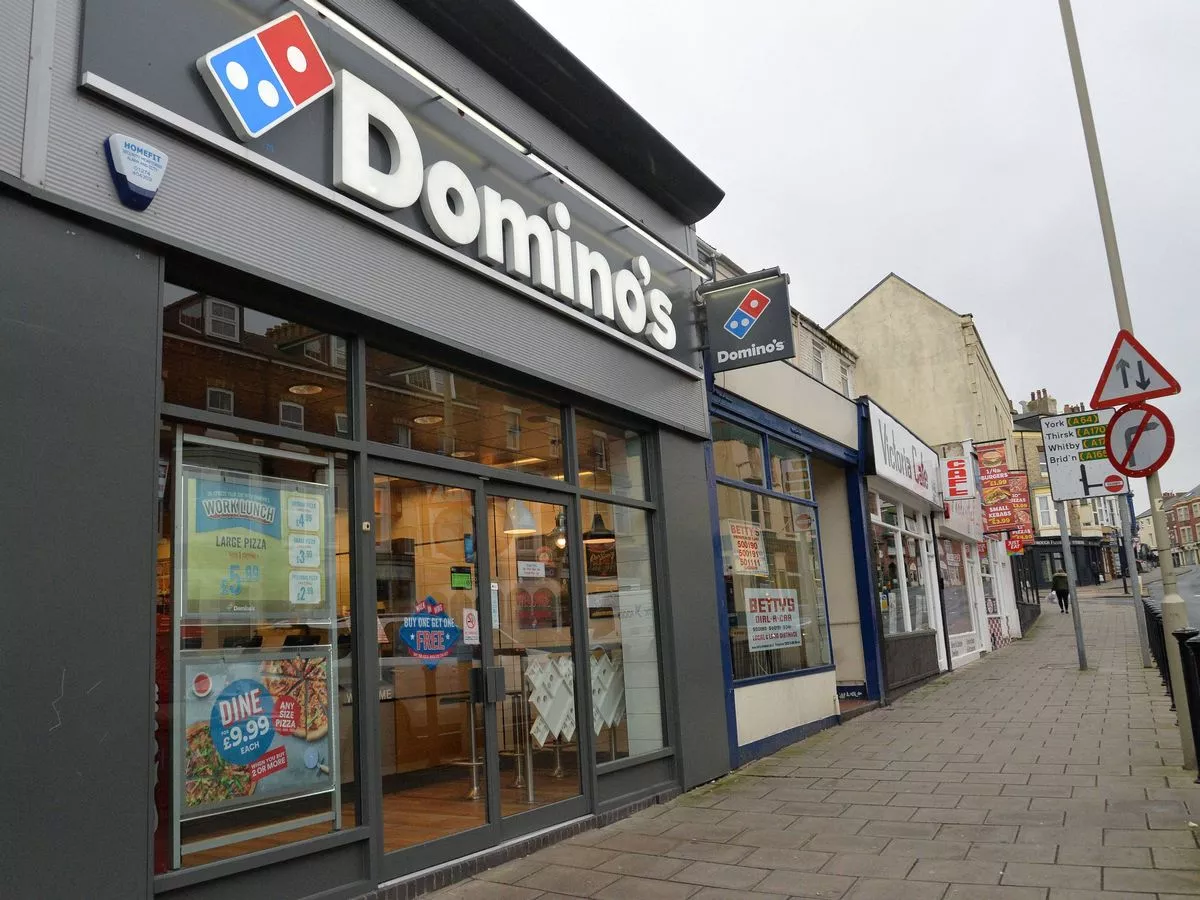Copyright trinidadexpress

No power. No communication. Food supplies running low. Roads turned into rivers of debris. For hundreds of Jamaicans in the hardest-hit communities, survival after Hurricane Melissa has become a day-to-day act of faith. Melissa tore across the island as a Category 5 monster with winds of 185 miles per hour, leaving behind a trail of shattered homes, flooded fields and broken lives. In Black River, St Elizabeth, men and women lined up quietly at a relief hub, hoping for a box of food, a bottle of water, something to hold on to. “The sea water come in. I lost everything,” said one man, his voice trembling as he stretched out his hands toward Member of Parliament for St Elizabeth South West, Floyd Green. “I know you busy, but help me. We lose a whole heap . . . the animals drowned off.” He walked away, face tight with pain, to join the growing line of those who have lost almost everything. Nearby, trucks from Global Empowerment Mission handed out boxes of food and supplies. Among those collecting was Sheldon Hendriks, who came not for himself but for others. “I gave my package to my elderly aunt,” he said, clutching a bag of baked goods. “She couldn’t make it and I wanted to get for others, but it was one per person.” Sheldon’s home in Spring Park was flattened. His farm – gone. His small business – gone. “Ninety-nine per cent of the houses in my community destroyed,” he said. “Only the ones with concrete roof survive. The zinc and board houses . . . gone.” Even in his own despair, Sheldon became his brothers’ keeper, using his generator to share power with neighbours. But the gas is running out. “I run it from nightfall to 9.30 p.m. I only have two days’ supply left. The gas station in Black River open, but the crowd too large. I don’t know what we going do.” Life at a standstill Further north in Beadles Boulevard, Santa Cruz, life has come to a halt. No food, no water, no communication. Utility poles lie across roads like fallen giants, wires dangling like traps. The residents say they’ve seen no government officials, just silence. For Linford Gus, Melissa was a nightmare unlike any other. “I had to run into my van,” he said. “The house flood from ceiling to floor. I thought I was going to die.” He has lived in the area since 1982 and endured four hurricanes, but never one like this. Now, he sleeps in his vehicle, surrounded by ruins. A few houses away, Christine Reid is still shaken. She’s lived in Beadles Boulevard for 20 years, in what she once thought was a safe home. When the roof lifted at 1 a.m., she grabbed her four-month-old granddaughter and ran across the street. “We thought we were safe, so we never evacuated,” she said softly. “Mi feel like mi was gonna die. Everything gone. The whole house flood. We slept on water that night.” She has since been sleeping in a downstairs room, sweeping out what she can, drying what little remains. “The bed still cold, but we still on it,” she said, eyes downcast. “The only help I get is from Red Cross, they give me two tarpaulins, and from my neighbour.” That neighbour, Palma Irons, opened her home to Christine. “When the breeze start blow, mi start to pray,” she recalled. “Then I hear her shout, ‘Mi want come over, mi want come over, the roof coming off!’ But she couldn’t come, cause the baby sick with asthma. Then mi hear one big noise and the roof just fly weh. I cry and pray, cry and pray, and say, ‘God, just one more chance’.” It wasn’t the first time she had prayed through a storm. Last year’s Hurricane Beryl had already tested her faith. Melissa felt like a cruel repeat. “Why we haffi go through all this again?” she asked, her voice breaking. Palma now drives miles just to get a bar of cell service and let her son overseas know she’s alive. “It hard without light or water,” she said. “The nights hot, mi spread blanket on the floor to sleep. We don’t think we getting back light this year, maybe next. Melissa mash up everything.” As the sun sets over the wreckage of Black River and Santa Cruz, the only things still standing tall are faith and endurance. People share what little they have – fuel, food, prayers. They don’t ask for much, only that the world doesn’t forget them.



